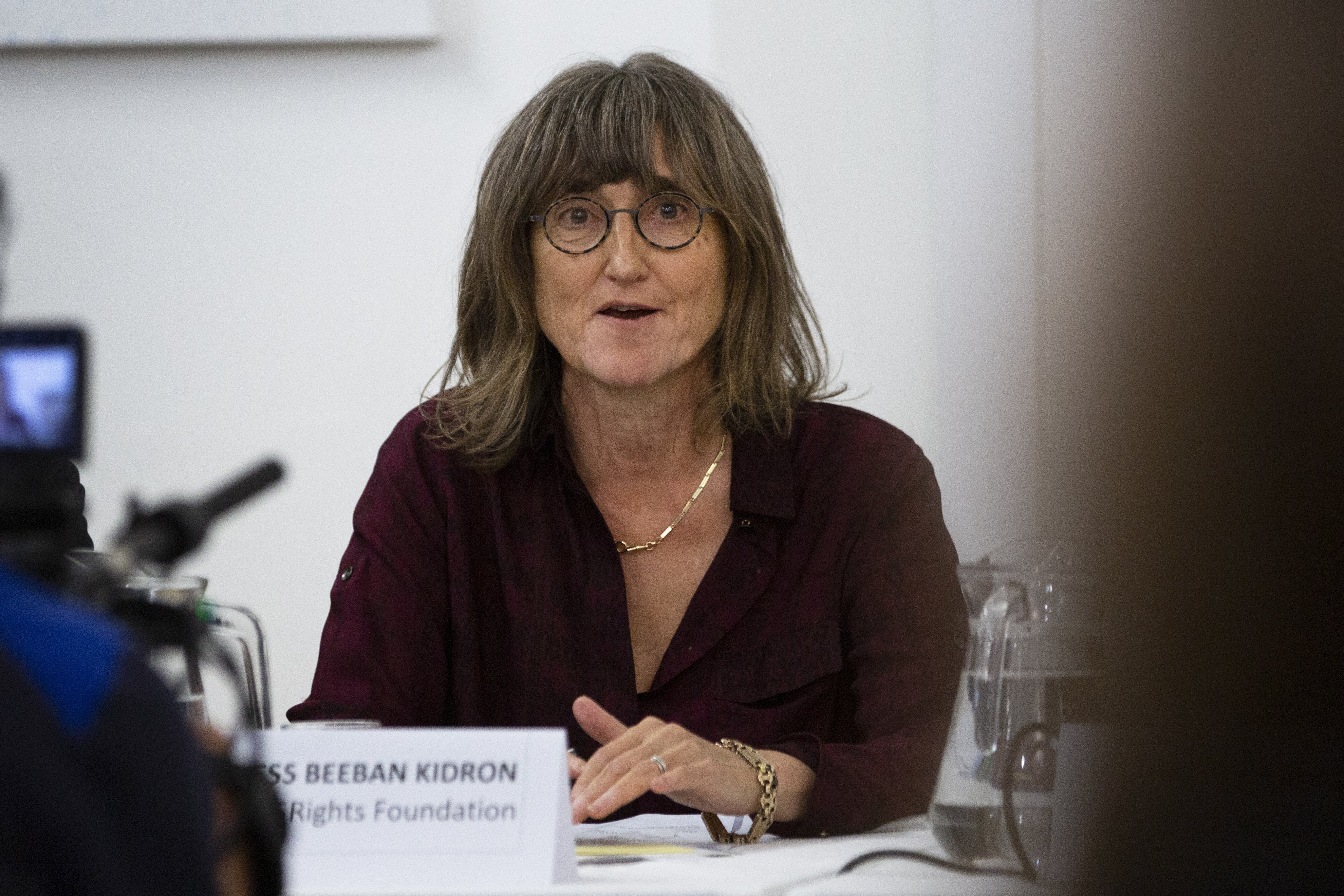Why Lords are striking a blow for creative industries over new AI bill
Deadlock looms in a battle between the government and peers over artists and their copyright. Sean O’Grady looks at who will blink first


Strange to say but a government with a Commons majority of 156 is somehow in danger of losing one of its more important pieces of legislation.
The Data (Use and Access) Bill is commonly called the “data bill” or “AI bill” because it is central to the regulation of the new world of artificial intelligence; indeed, it is the first act of parliament specifically designed to deal with it. After breezing its way through the Commons, it has encountered unexpectedly stiff resistance in the House of Lords. Peers have five times rejected parts of the bill, and unless the government is prepared to compromise, the AI bill will have to be abandoned.
Why is the AI bill in trouble?
There are a lot of complicated parliamentary shenanigans involved, but at issue is the right of artists, creatives, authors – and, indeed, journalists – to own and make a living out of their work. Elton John, Kate Bush, Damon Albarn, Dua Lipa and Paul McCartney are just a few members of a formidable coalition of interests who want to stop AI giants “scraping” their work, undermining their livelihoods, and potentially killing the whole sector.
It’s the biggest change to the law in copyright and intellectual property in generations, effectively abolishing royalties, and hasn’t really been subjected to the kind of national debate that it merits. The artists, writers and musicians have found a doughty defender in Beeban Kidron, a film director (Bridget Jones) who’s been leading the guerrilla warfare in the upper chamber. As a lead character, she’s been compelling.
What do the Lords rebels want?
A relatively modest amendment to the bill that would subject AI companies to copyright rules and make them declare when and what material they are using for their own commercial purposes: a duty of transparency. Thus, copyright holders are able to see when their work has been used and by whom.
How determined are the rebels?
Very. In the words of Baroness Kidron: “It is not fair, not reasonable, not just, balanced or any other such word to stand in the way of the creative industries identifying those who are taking their work or their property. It is not neutral – it is aiding and abetting what we have called in the House widespread theft. We have asked privately and repeatedly on the floor of both Houses what is the government going to do to stop the work of creatives from being stolen right now? The answer is nothing.”
Why won’t the government give way?
It has offered concessions, but ministers maintain the new law does not weaken copyright law; creatives, who have the most to lose, beg to differ. Obviously, the government is anxious not to lose a whole piece of legislation that also covers, for example: a data preservation process supporting bereaved parents; new offences for intimate image deepfake abuse; smart data schemes such as open banking; and a framework for research into online safety. AI is also an important driver of economic growth.
More than that, the government has been trying to tread a middle path between the more restrictive European approach and the American policy of laissez-faire. If Britain annoys the Americans, who lead in the sector, it might spoil the trade deal and relations more widely.
Can’t the government just force it through?
Not easily. The deadlock between the Commons and Lords is such that either the bill gets amended to the satisfaction of both sides, or it cannot go forward for final readings and ultimately royal assent. This resistance by the Lords is exceptional and called “double insistence”, arising from the fact that the bill originated in the Lords rather than the Commons. (It must have been assumed to be less controversial.) But in the end, the government could get its way by invoking the Parliament Act, which trumps anything. The new law would be delayed, but the rebels might lose their cause by refusing to compromise.
What is likely to happen?
A compromise – but with further Lords reform in the way, the rebel peers may feel they have nothing to lose. By delaying the bill, they would force ministers to think again and allow the campaign by Elton John and his formidable creative forces to regroup and build more momentum – the issue still lacks much salience with the public. Either way, it has been tough on the personable Peter Kyle, secretary of state for science, innovation and technology.
Join our commenting forum
Join thought-provoking conversations, follow other Independent readers and see their replies
Comments
Bookmark popover
Removed from bookmarks